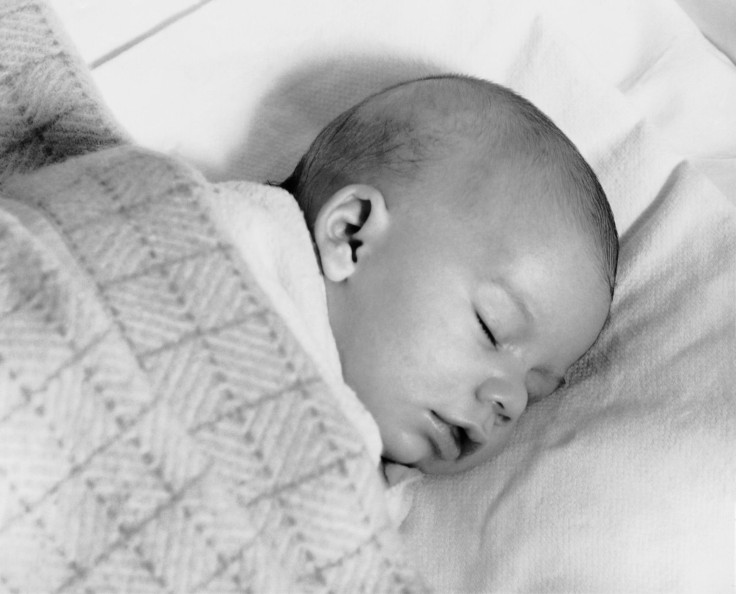New Study Reveals Important Reason Why Humans Hiccup

A new study revealed the important function of hiccupping and how it contributed to human development. The authors of the study noted that hiccups among adults could be a remnant of a reflex that came from infancy.
For most adults, hiccupping is an annoying bodily response that’s usually triggered by involuntary contractions in the diaphragm. However, according to a new study, hiccups served a very important role during the early stages of human development. The authors of the study noted that through hiccupping, babies learned how to control muscles needed for breathing.
Since pre-term babies spend about 15 minutes a day hiccupping, researchers monitored 13 newborn infants. Using electroencephalography (EEC), the researchers were able to monitor the brain activities as the babies hiccupped.
The researchers learned that as diaphragm contractions triggered the natural reflex, the brain produced three large brainwaves. They noted that the third brainwave is related to the sound produced while hiccupping. According to the researchers, the infants begin to link the “hic” noise of hiccupping to the sensation caused by diaphragm muscle contraction.
Dr. Lorenzo Fabrizi, the senior author of the study, explained that this process teaches a baby’s brain to monitor breathing patterns by controlling the muscles involved in this natural function.
“The activity resulting from a hiccup may be helping the baby’s brain to learn how to monitor the breathing muscles so that eventually breathing can be voluntarily controlled by moving the diaphragm up and down,” he explained in a statement.
“When we are born, the circuits which process body sensations are not fully developed, so the establishment of such networks is a crucial developmental milestone for newborns,” Fabrizi added.
The study’s co-author Kimberly Whitehead noted that it is possible that the role and function of hiccupping might change as humans get older. Although it served an important role during the early stages of development, it may not have the same function as babies get older.
“Our findings have prompted us to wonder whether hiccups in adults, which appear to be mainly a nuisance, may in fact by a vestigial reflex, leftover from infancy when it had an important function,” she explained.
The findings of the researchers were presented in a new study published in the journal Clinical Neurophysiology.
© Copyright IBTimes 2024. All rights reserved.





















